|
Myanmar’s economic crisis has put small businesses under pressure. We hear from entrepreneur and small business owner Ma Nan Htet Htet about how a microloan supported by Community Partners International (CPI) is helping her weather the storm.
As low-income communities across Myanmar struggle amid economic and political crises and widespread armed conflict, the risk of the spread of dangerous infectious diseases like tuberculosis (TB) is growing. Community organizations like Community Partners International (CPI)’s partner, the Hlaingtharya Development Network (HDN), are a vital resource in helping communities prevent and treat this disease.
Amid flooding and conflict in southeastern Myanmar, we talk to humanitarian workers supported by Community Partners International (CPI), who ensure that essential services reach communities in urgent need.
As World Humanitarian Day approaches, we hear from Rohingya and Bangladeshi humanitarian workers, supported by Community Partners International (CPI), providing essential services to refugees and local communities in Kutupalong Refugee Camp, Bangladesh.
The Young Men’s Christian Association (YMCA) in Nay Pyi Taw, Myanmar, provides free health care services to around 10,000 people with Community Partners International (CPI)’s support. They have diversified into organic farming, livestock rearing, and food products to help fund their health care activities and provide better nutrition to the communities they serve.
Against the backdrop of conflict, political turmoil, and economic crisis in Myanmar, a social enterprise supported by Community Partners International (CPI) is piloting a new approach to health care, bringing sustainable, affordable, high-quality primary health services within reach of low-income households.
In 2021, Community Partners International (CPI) began working with Rohingya traditional birth attendants in Kutupalong Refugee Camp, Bangladesh, to encourage pregnant refugee women to give birth safely in health facilities. The results are astonishing.
Children are suffering as conflict engulfs Myanmar (Burma). Chae, 33, whose youngest child is acutely malnourished, tells of the struggle to keep her children healthy.
Around the world, displaced women and girls face challenges accessing good menstrual hygiene. To mark World Menstrual Hygiene Day, we speak to Sweety and Naznin, about their work to help Rohingya refugee women and girls in Kutupalong Refugee Camp, Bangladesh, access hygiene and sanitation during menstruation.
As Foodpanda riders weave through the streets of Yangon, Myanmar, they’re not just bringing noodles, bubble tea, and other tasty food and drinks to their customers. They’re also delivering important messages about diagnosing and treating tuberculosis (TB). Since World TB Day (March 24), more than 1,000 Foodpanda riders across the city have been wearing special shirts with the message, "If you've been coughing for two weeks or more, test for TB at your nearest clinic", emblazoned on the back in Burmese.
|
AuthorCPI Admin Archives
April 2024
Categories
All
|

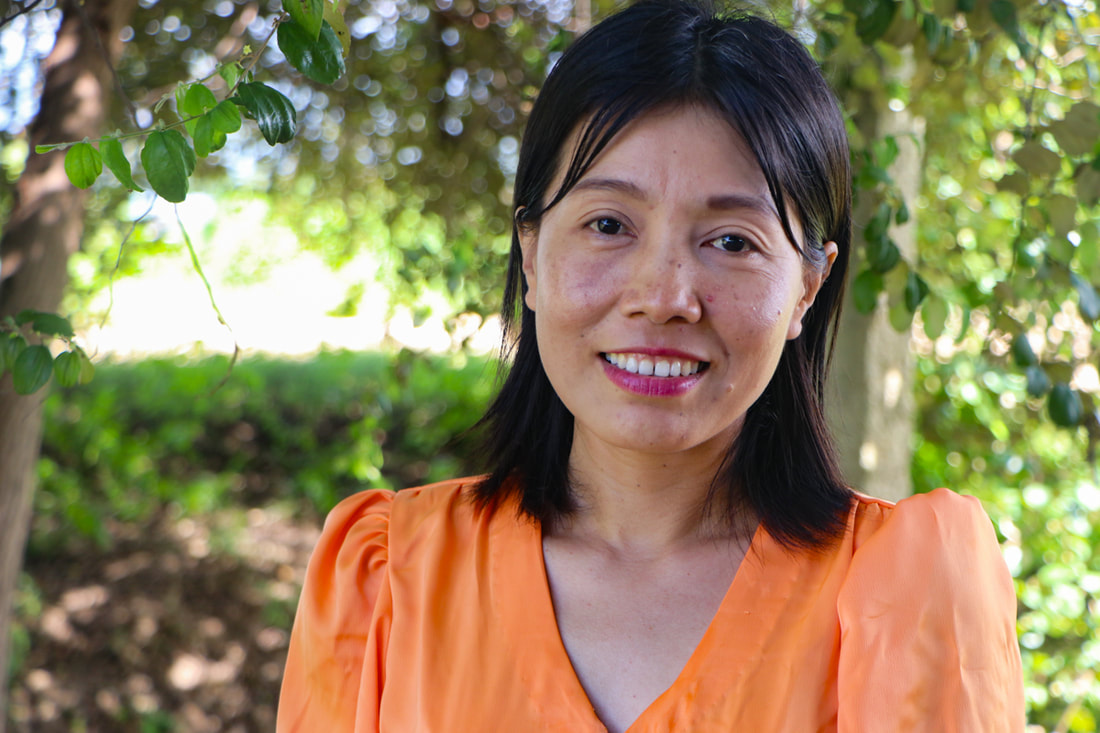
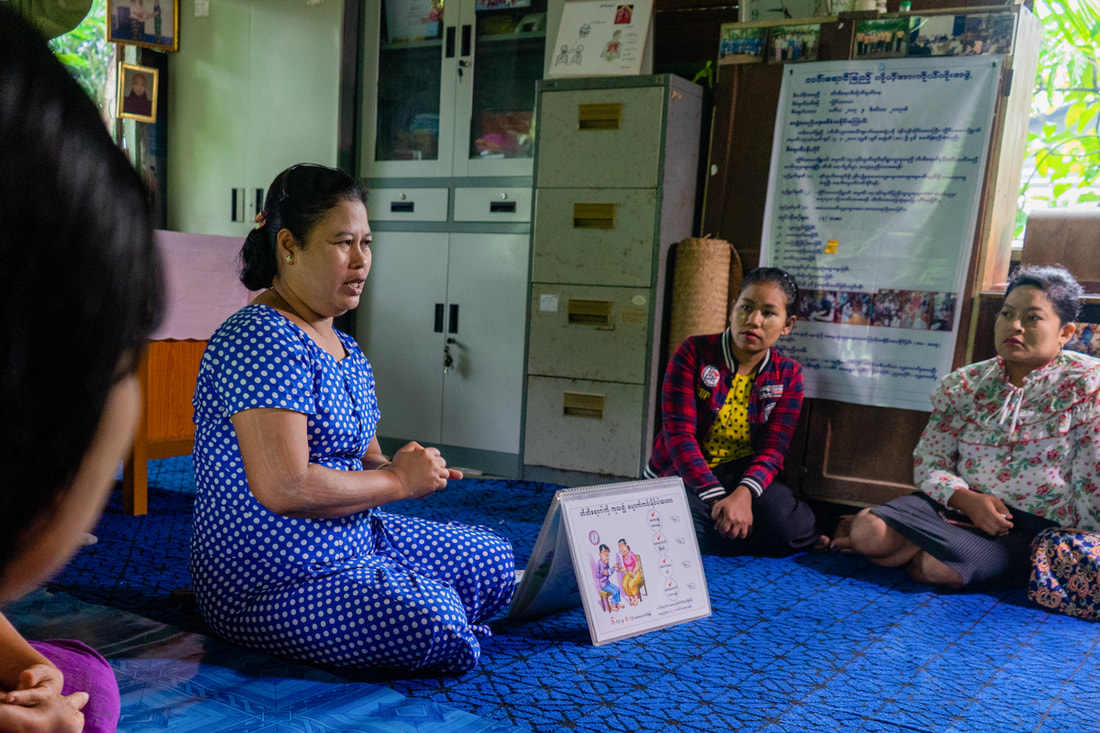
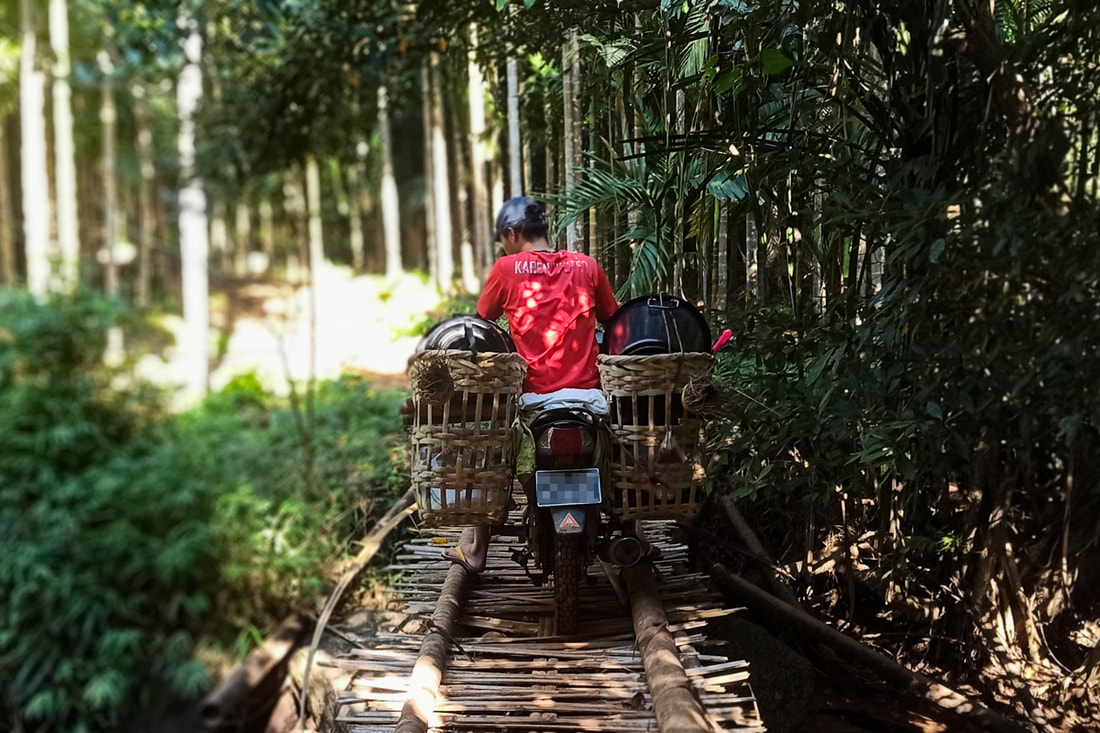
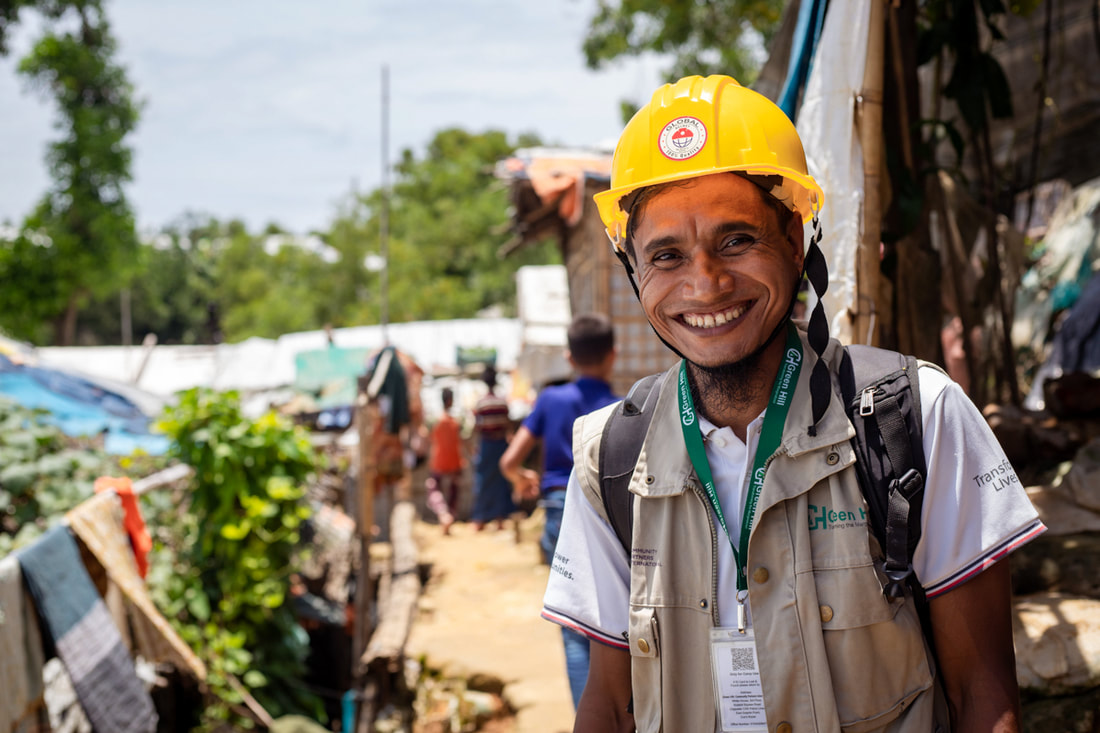
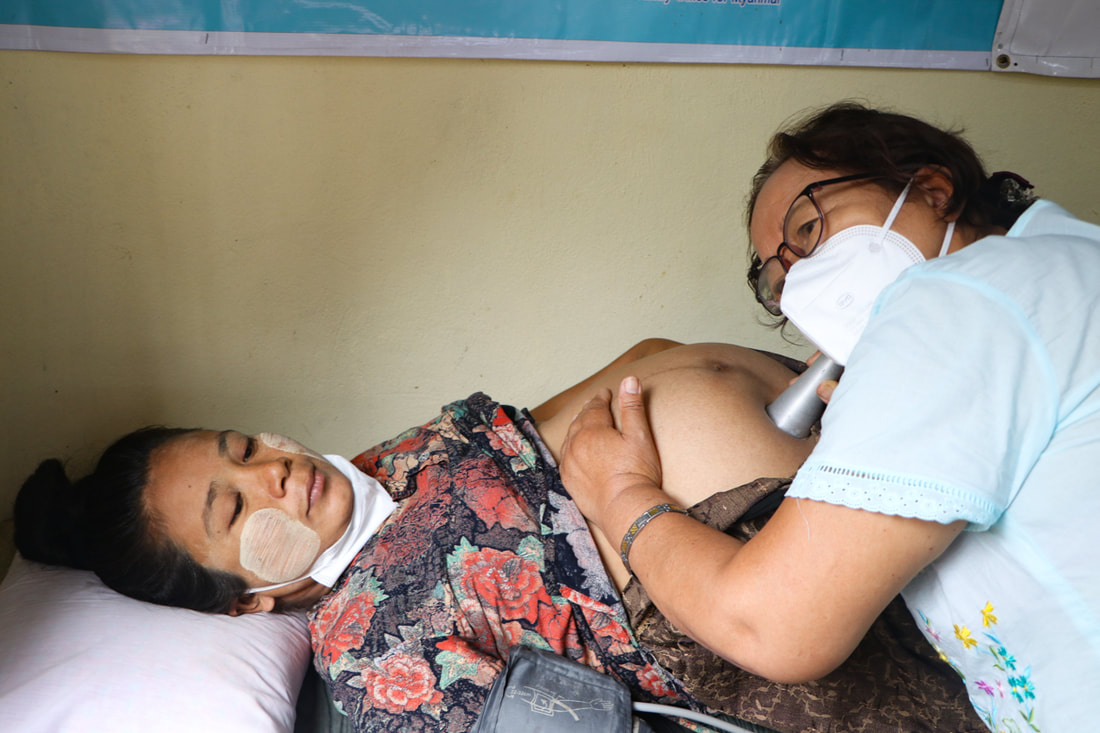
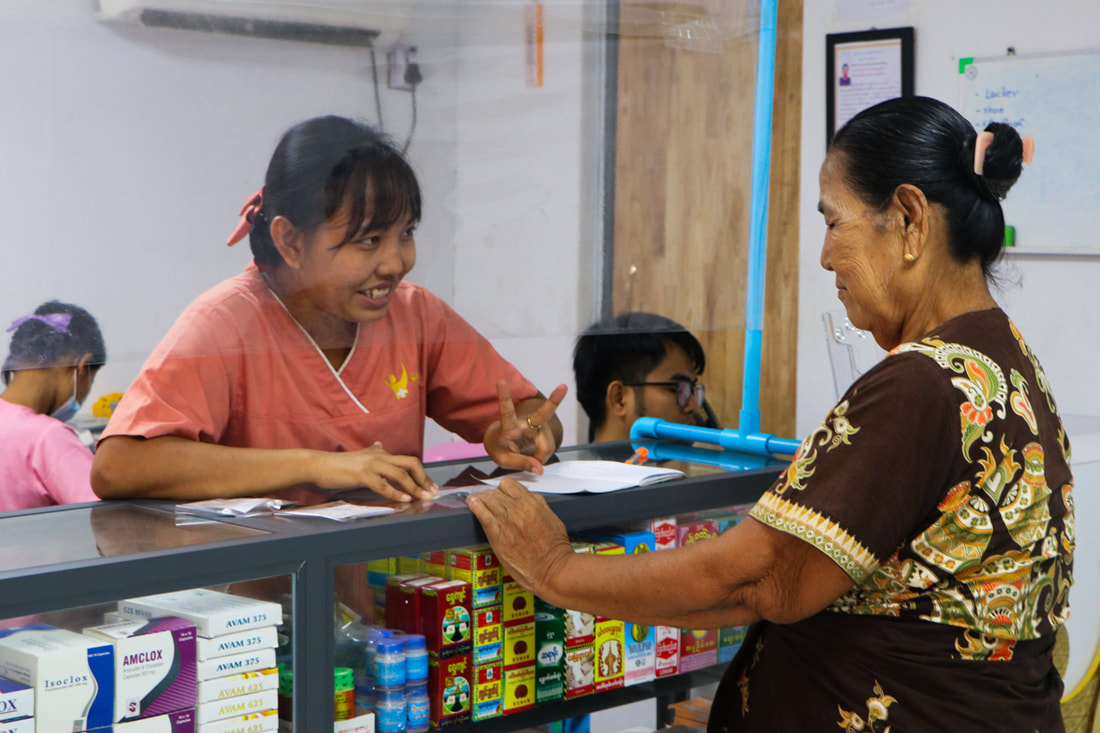
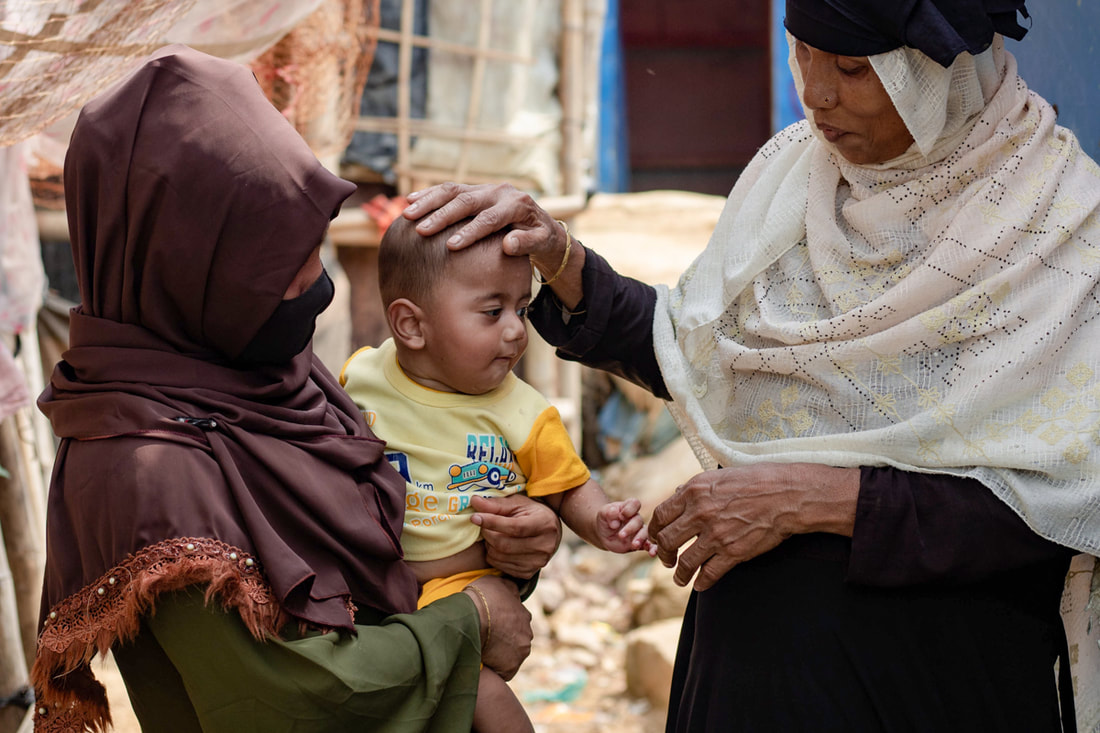
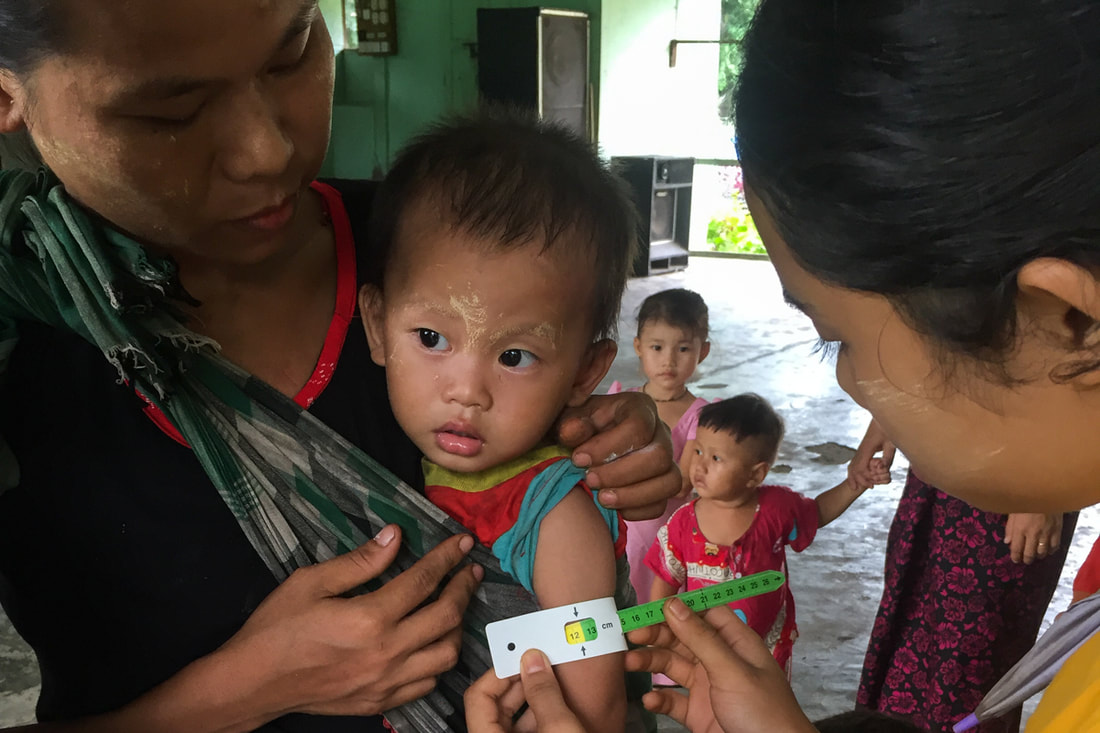
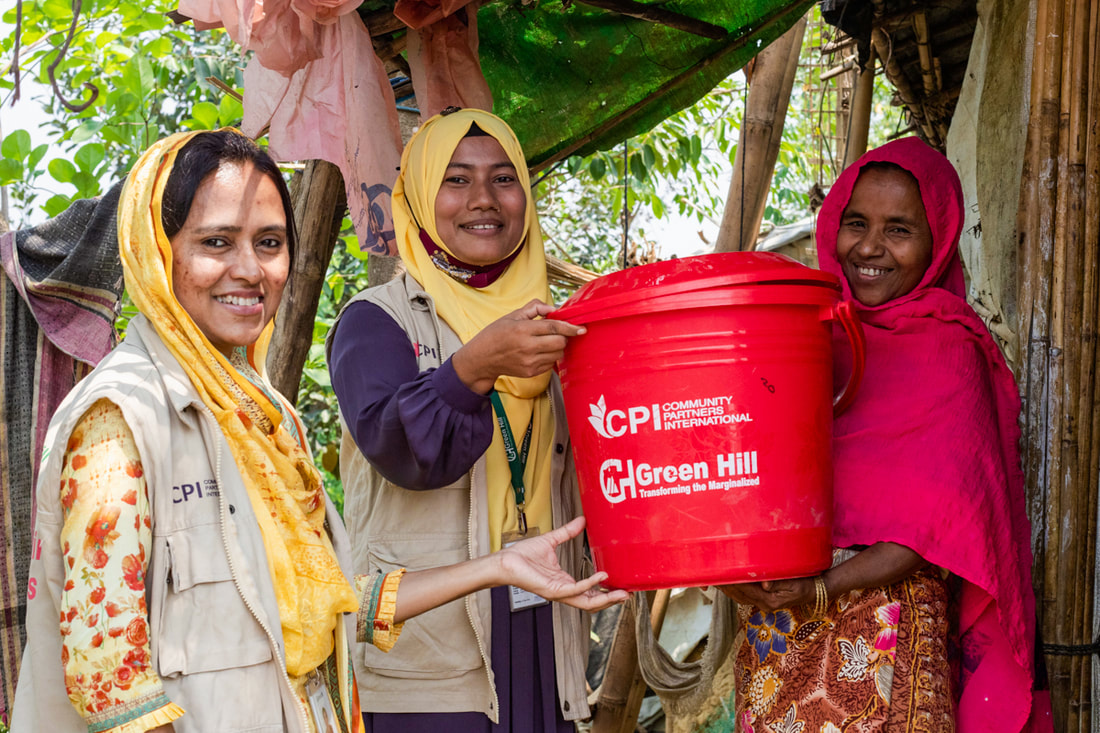
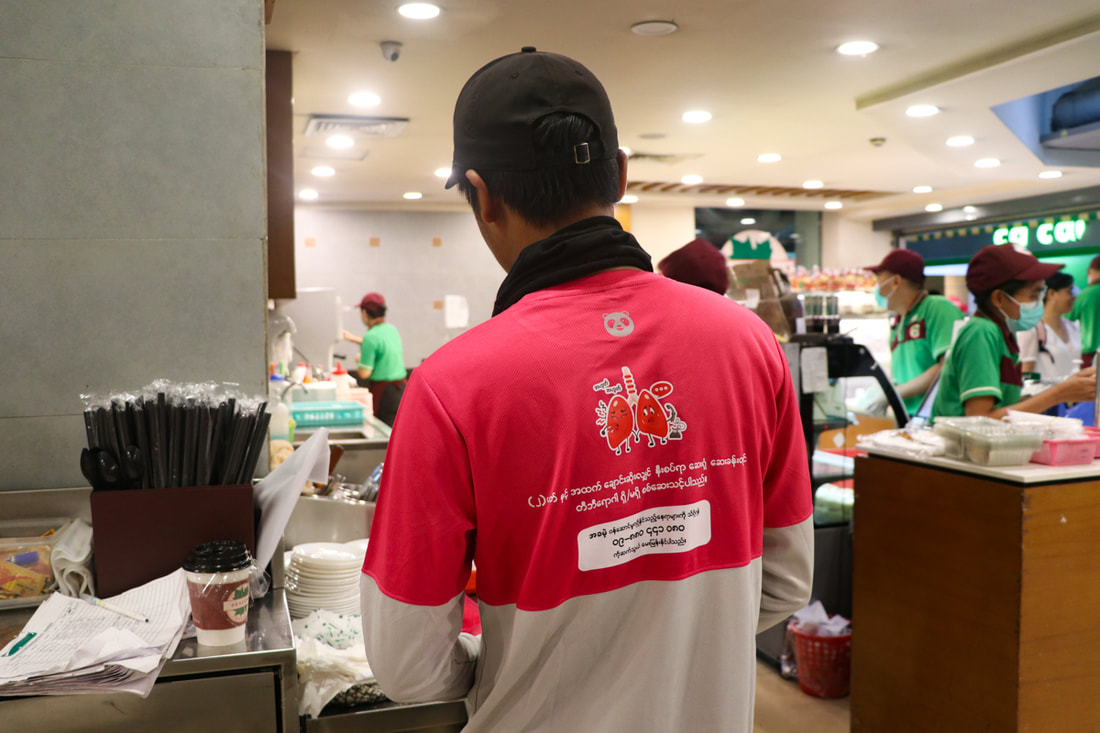
 RSS Feed
RSS Feed
